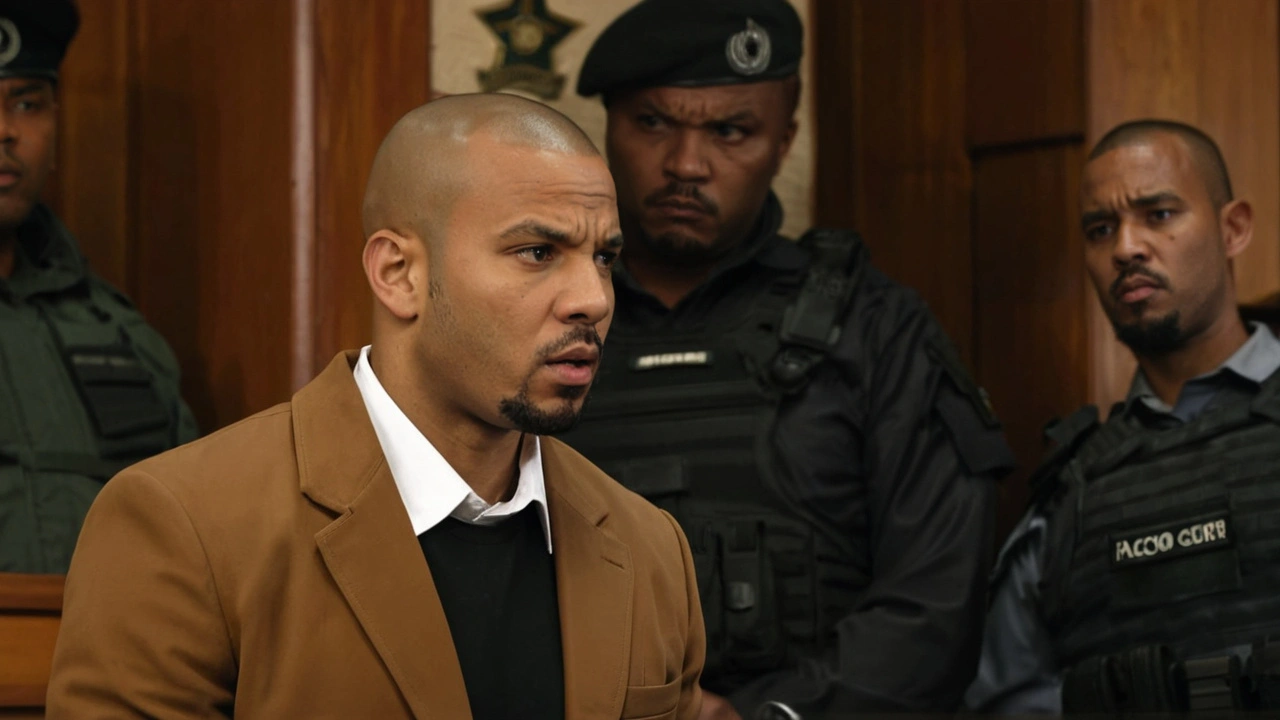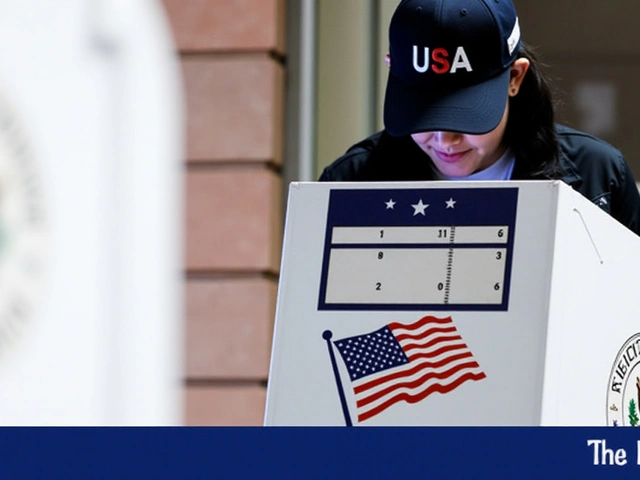Background of the Case
Thabo Bester, infamously dubbed the Facebook rapist, has been embroiled in a protracted legal battle that has captivated public attention for several years. Bester's crimes include posing as an affluent entrepreneur to lure unsuspecting women via social media, only to subsequently commit acts of rape and murder. His notoriety grew not only because of the heinous nature of his crimes but also due to his audacious prison escape, which has added layers of complexity to the judicial proceedings.
The involvement of Nandipha Magudumana, who is said to have been Bester’s partner in crime, adds a significant twist to the narrative. Together, they face an array of serious charges, including fraud, corruption, the violation of a corpse, and harboring and concealing an escaped convict. The case against them isn't just a straightforward series of criminal acts; it’s a web of deceit and lawbreaking, making it a high-profile case that is being closely watched by the public and legal experts alike.
Previous Delays
The path to justice in the Thabo Bester case has been anything but smooth. The trial has suffered numerous delays, largely attributed to changes in legal representation for the accused parties. These delays have significantly stretched out the timeline, much to the frustration of the victims' families and the public demanding closure. Each postponement erodes public trust in the judicial system’s ability to bring criminals to justice in a timely manner.
The changes in legal representation have not only caused delays but have also complicated the legal process. Each new defense team requires time to familiarize themselves with the extensive case files, re-strategize, and perhaps even introduce new elements into the defense that were previously unconsidered. This has invariably led to a situation where each court appearance ends in another adjournment, further prolonging the agony for those affected by Bester’s crimes.
The Significance of the Upcoming Pre-Trial Hearing
The upcoming pre-trial hearing in the Free State High Court is seen as a critical juncture. Legal analysts agree that this hearing could finally set the stage for a trial date, moving the case forward after years of stagnation. The pre-trial hearing is designed to streamline the issues at hand, establish courtroom protocols, and determine the readiness of both the prosecution and defense for a formal trial.
A pre-trial hearing generally aims to sift through the evidence, simplify legal arguments, and establish a clear roadmap for the trial. The importance of this hearing cannot be overemphasized, as it could potentially mark the end of the seemingly interminable delays. Bester and Magudumana’s appearance in court will also serve as a litmus test for the readiness of all parties involved, and any additional delays could face public outcry.
Implications for the Judicial System
This case shines a spotlight on the operational inefficiencies within the judicial system, particularly in handling high-profile cases. The public’s patience wears thin with each postponement, and the case underscores the urgent need for reforms to minimize procedural delays. The judicial system is designed to serve justice, but the extended timelines in this case have raised questions about its efficacy.
Legal experts argue that systemic changes are required to ensure that such cases are expedited without compromising the rights of the accused. Streamlining legal processes and establishing stricter timelines for procedural events could go a long way toward reinstating public faith in the system. While it is crucial to ensure a fair trial, it is equally important that justice is not unduly delayed.
The Human Impact
At the core of this legal saga are the victims and their families, whose lives have been irrevocably altered by Bester’s actions. The mental and emotional toll on them is considerable, and each delay in the trial exacerbates their agony. For them, each court date brings a mixture of hope and despair, as they grapple with the possibility that justice may once again be postponed.
The story of Thabo Bester and Nandipha Magudumana is not just about the legal system and its complexities; it’s about human lives torn apart by crime and the desperate need for closure. The upcoming pre-trial hearing represents more than just a procedural step; it symbolizes the hope for an end to a long, drawn-out quest for justice.
Potential Outcomes and Future Steps
Should the pre-trial hearing successfully set a trial date, it will mark a significant development in the quest for justice. A trial date would finally set the wheels of justice in motion, promising an end to the legal limbo that has frustrated all parties involved. The trial itself will be a high-stakes affair, with both the prosecution and the defense poised for a fierce legal battle.
The implications of the trial go beyond the courtroom. A swift and fair trial would serve as a reaffirmation of the judicial system’s capability to handle complex cases. It would also offer some degree of closure to the victims and their families, who have waited for years for justice to be served. While the road ahead is still fraught with challenges, the setting of a trial date would be a significant milestone in this long journey.
Conclusion
The Thabo Bester case is a poignant reminder of the intricate interplay between justice, legal processes, and human lives. As the pre-trial hearing approaches, all eyes are on the Free State High Court, hopeful that this time, the wheels of justice will turn without interruption. The hearing is not just a procedural necessity; it is a beacon of hope for those whose lives have been affected by Bester’s crimes.
The upcoming hearing has the potential to break the cycle of postponements and finally bring a semblance of closure to a case that has gripped public attention for years. The legal community, the victims' families, and the general public eagerly await the outcome, hopeful that justice, although delayed, will not be denied.







Write a comment